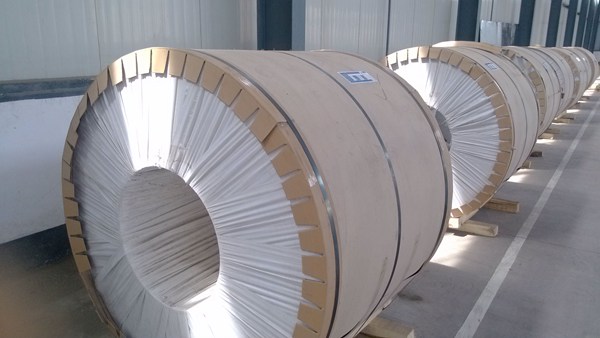When it comes to selecting the right aluminium alloy for your project, understanding the differences between options is essential. Two popular choices, aluminium 6063 and 6061, often compete for attention. But which one is the superior choice for your specific needs? In this article, we will compare aluminium 6063 vs 6061.

Comparing Aluminium 6063 and 6061
Aluminium 6063 and 6061 are both part of the 6xxx series of aluminium alloys, known for their versatility and wide range of applications. While they share some similarities, they also have distinct differences that can impact your choice.
1. Composition
6063 and 6061 have different elemental compositions. 6063 contains more silicon and is generally considered to have better extrudability, making it a top choice for applications that involve complex and intricate shapes. On the other hand, 6061 contains more magnesium, giving it better strength properties.
2. Strength
When it comes to strength, 6061 takes the lead. Its higher magnesium content provides improved structural integrity, making it suitable for applications where strength is a critical factor. This makes 6061 a preferred choice in industries like aerospace and automotive manufacturing.
3. Corrosion Resistance
Both alloys offer good corrosion resistance, but 6063 is often favored in applications where exposure to harsh environmental conditions, including moisture and saltwater, is a concern. This makes it a popular choice for marine equipment and architectural elements near the coast.
4. Formability and Machinability
6063 is known for its exceptional formability, especially in extruded shapes. This attribute is valuable in industries that require intricate designs. However, 6061 is easier to machine, which is advantageous when precise components are necessary.
5. Applications
The choice between 6063 and 6061 often comes down to the specific application. 6063 is commonly used in architectural applications, window frames, and curtain walls, where its extrudability and corrosion resistance shine. 6061, with its superior strength, is the go-to choice for aerospace components, automotive parts, and other applications where structural integrity is a priority.
Aluminum Plates Price Per Kg
When considering aluminium 6063 vs 6061, it’s essential to factor in costs. The aluminium plates price per kg can vary depending on the specific alloy and supplier. Generally, 6063 may be more cost-effective due to its lower alloying elements, making it more readily available and affordable. However, for applications where strength is critical, the added cost of 6061 might be justified.
The choice between aluminium 6063 and 6061 ultimately depends on the specific requirements of your project. Both alloys offer unique advantages, and your decision should align with your application’s priorities, be it strength, formability, or corrosion resistance. Understanding the differences between aluminium 6063 vs 6061 is the key to making an informed decision and ensuring the success of your project. So, which is better for you? The answer lies in your specific needs and the alloy that best meets them.
